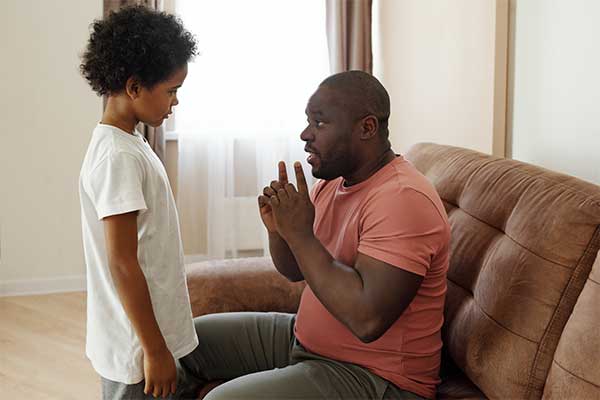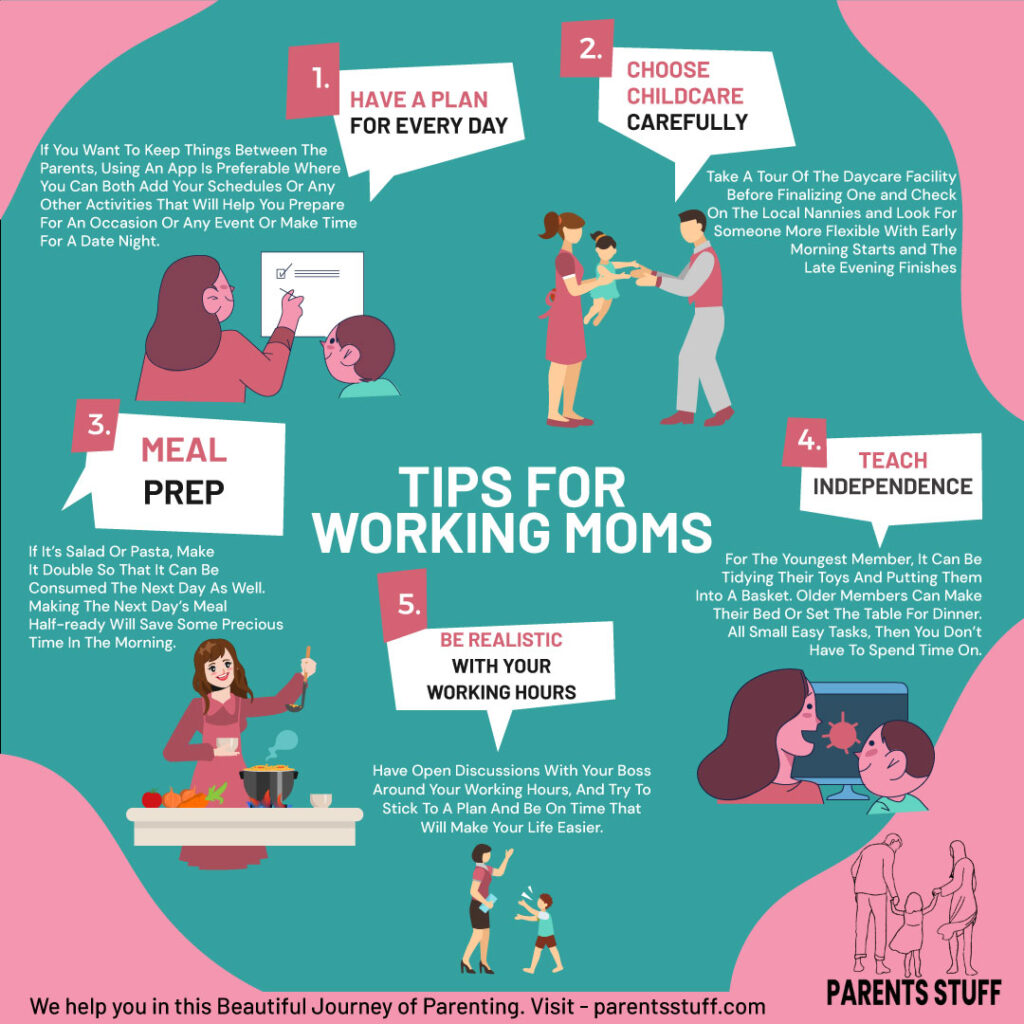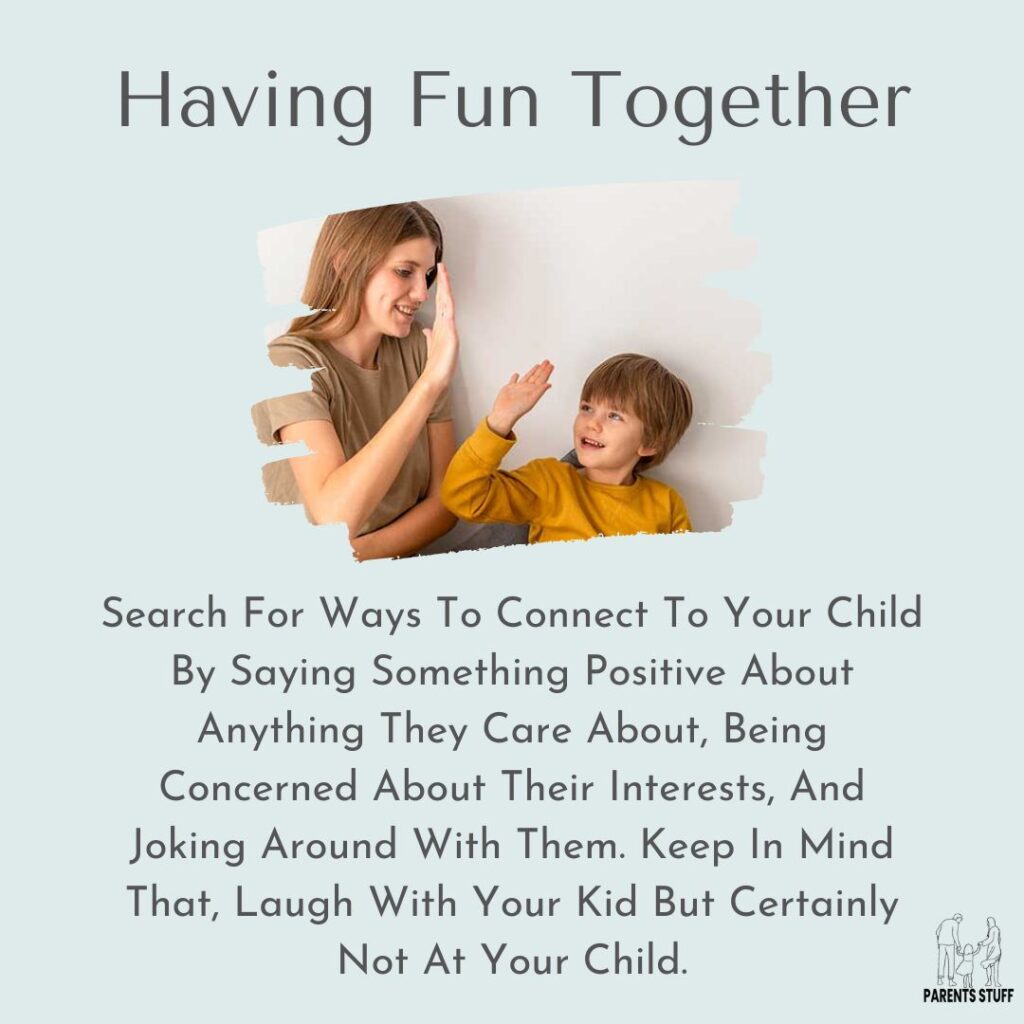Disrespectful behavior such as cursing, yelling, arguing, and name-calling, is a kind of alert call to parents. It is telling you that you need to be in the domination of the situation more and set better restrictions. This happens time and again. To avoid such circumstances in your life as well this article on how to handle arrogant child will help you to some extent.
How to Handle Arrogant Child?
1. Don’t Take It Personally:

We know this is a tough one, but try not to absorb what your child is answering or doing personally. This behavior is all about describing themselves and not about you.
Instead of letting yourself feel offended or angry (which is a certain way to get pulled into a power fight), be clear and straight with your child. If they are being slightly sassy and starting to drive some limits, for example, “Don’t talk to me that manner, I don’t like it,” and then turn the other way and walk away. Let them
know, the behavior is incorrect and then separate from them.
Keep in mind, it doesn’t count if your child likes you right at that moment. This is about doing the correct thing, and asking a question to yourself, “What lesson do I want to teach my child?”
Parenting is not a popularity competition. You need to be in limit and you need to set some boundaries. Your kid is not your companion or your friend. Your role as a parent is important, you are in command and your child is depending on you to be the leader of his way.
Visit: behavior management for preschoolers
2. Be Prepared:

Understand that some rude behavior is usual in adolescence, and be ready for it. If it has already occurred once, you need to expect that it may happen again and again and then prepare for what you are going to do about it. Keep your limits, and then turn around and march away. Think that, you don’t have to be a part of every fight or bickering, your teen/kid invites you to.
If your child has been disrespectful because they have not had borders around that kind of behavior, this will grab real work. Once you have fixed a limit and responded correctly to the disrespect, again, do not get attracted into a power struggle. If you can do it once, it makes it simpler to do it in repetition. Simply utter to yourself, “As a parent, I’m doing the appropriate thing by deciding these limits.”
Where should you draw the line when your kid is expressing disrespectful behavior? We believe every parent has not the same line for their kids, and you are going to realize what that line is. Plan in advance and let your child comprehend. You can inform them, “You spoke a cuss word at me earlier when I said you cannot go to a party. I do not want you to repeat it. If you repeat, there will be an outcome.” If there is an event, be ready to talk with them once everyone cools down. Fix limits when all are calmer instead of in the heat of the moment.
3. Avoid Power Struggles at All Costs:

Once you are involved in a power struggle, you have lost. But what to do when your child is cursing in your face, shouting your name, disregarding you, or trying to boss you around? That is where that inner dialogue is so crucial. Don’t acquire it personally.
Your responsibility is to parent your kid and teach him to behave contrarily. We often observe that most of us get activated when our kids are rude and then we finish off by getting pulled into arguments with them. If your child has pulled you into a fight with ill-mannered behavior in earlier times, be ready for it, and he will try to do it again.
And then go through what you are going to do afterward. Are you going to set a boundary? Are you going to create your statement, give the potential, and not get trapped in your kid’s sugar-coated words? Plan in advance. You might agree to give an after-effect for the behavior and then have a complementary discussion about what happened.
The aim is that you explain to your child how to behave correctly. Let us face it, there is nothing more harmful than going beyond life and treating people badly. It won’t help your kid function in the actual world if he is permitted to be rude and disrespectful. Kids have to get the important lesson.

4. Be Determined:

If you desire things to be different, you will have to put together your mind to do them differently and stick to them. It is not easier initially, but it is worthwhile when things begin to transform. It is our duty, as their parents/guardians, to explain to them a more respectful method to deal with problems. Choose today that you are going to begin doing stuff differently.

5. Be a Teacher and Coach:

It is your job to educate your kids to behave more respectfully and be able to handle frustration in a better way. The three critical roles for you to perform as a parent are Teacher, Coach, and Limit Setter. We make them understand how to behave, we coach them (and inspire them) when they get it to spot on, and we set limits when they get it off the beam. These three roles are vital to being a successful and valuable parent.
Visit: tips for working parents
This article on how to handle arrogant child shared some ideas but keep in mind, the purpose is for children to be able to perform in the actual world and grow up to be responsible adults. If they do not realize how to be polite to others whilst growing up, it is much more difficult to learn as a grown-up. Change is tricky but it can occur at any time.
Keep Visiting parentsstuff more on parenting!

